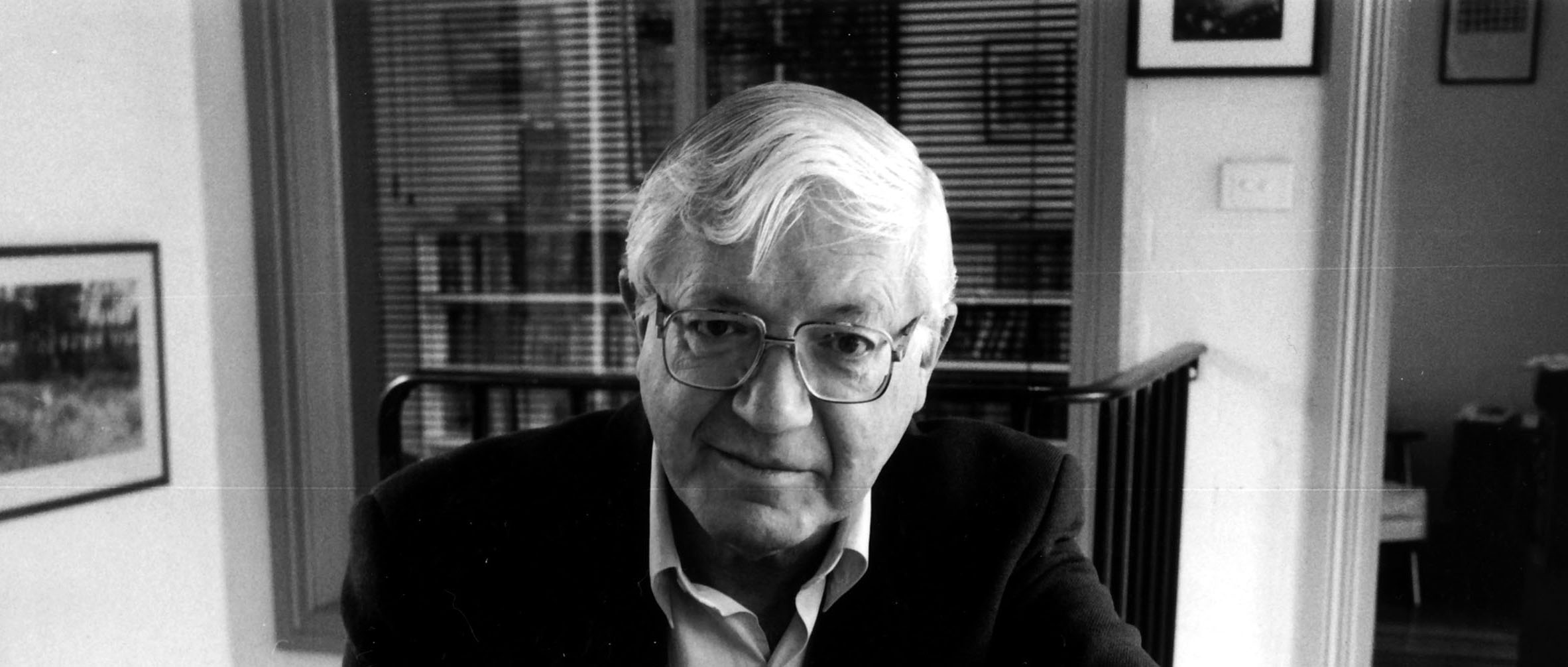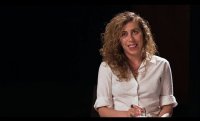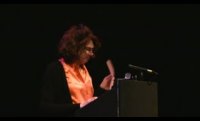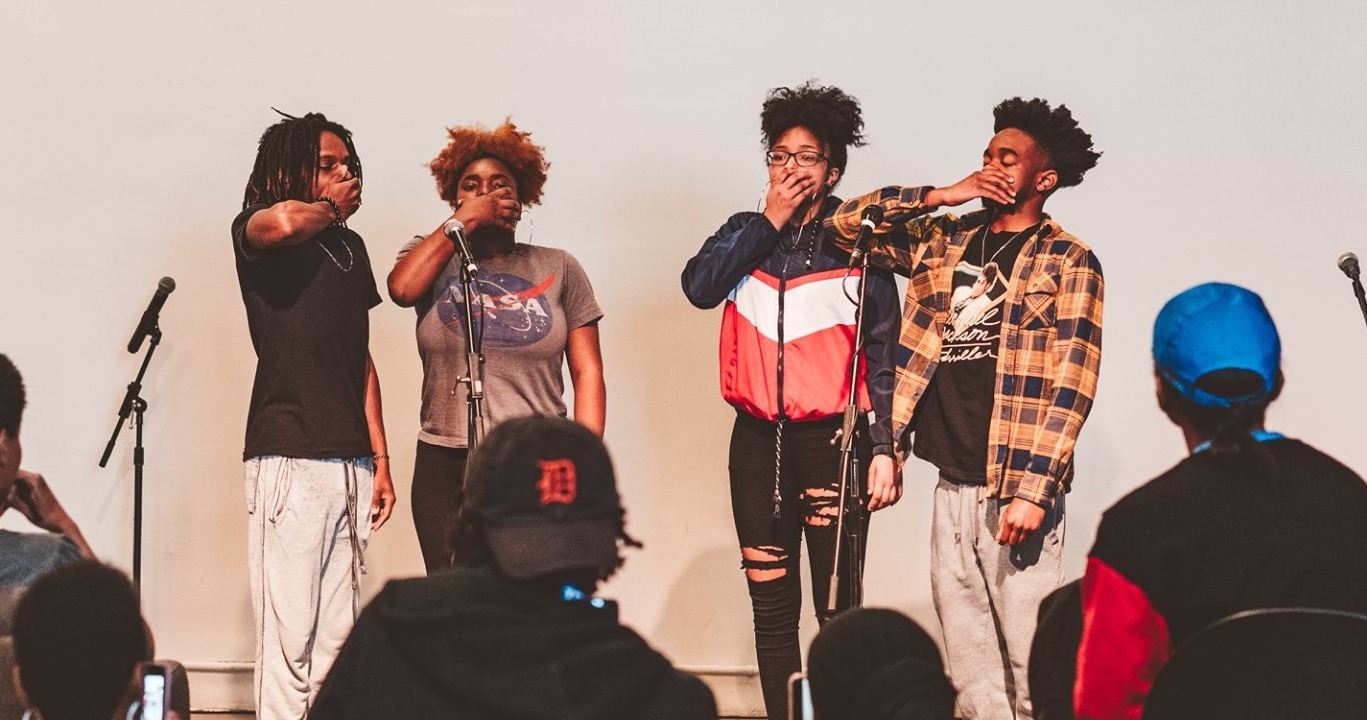Summer’s final deadlines are upon us! Contests with a deadline of August 31 span poetry and prose, and include awards celebrating queer writers, writers over the age of 60, and writers living in upstate New York. Each offers a prize of at least $1,000.
Aesthetica Creative Writing Award: Two prizes of £1,000 (approximately $1,225) each and publication in the Aesthetica Creative Writing Annual are given annually for a poem and a short story. The winner in poetry also receives a membership to the Poetry Society in London, and the winner in short fiction receives a consultation with the literary agency Redhammer Management. Both winners receive a subscription to Granta and a selection of books from Bloodaxe Books and Vintage Books. Katy Guest, Oz Hardwick, Liz Jones, Teresa Palmiero, Martine Pierquin, and Steve Toase will judge. Entry fee: £12 (approximately $15) for a poem of up to 40 lines, or £18 (approximately $22) for a short story of up to 2,000 words.
Black Lawrence Press St. Lawrence Book Award: A prize of $1,000 and publication by Black Lawrence Press is given annually for a debut collection of poems or short stories. The editors will judge. Entry fee: $25.
Ex Ophidia Press Poetry Book Contest: A prize of $1,000, publication by Ex Ophidia Press, and 15 author copies is given annually for a poetry collection. Richard-Gabriel Rummonds will judge. Entry fee: $25.
Gemini Magazine Flash Fiction Contest: A prize of $1,000 and publication in Gemini Magazine is given annually for a short short story. The editors will judge. Entry fee: $6.
Grid Books Off the Grid Poetry Prize: A prize of $1,000 and publication by Grid Books is given annually for a poetry collection by a writer over the age of 60. Jon Davis will judge. Entry fee: $25.
Masters Review Short Story Award for New Writers: A prize of $3,000 and publication in Masters Review is given twice yearly for a short story by a writer who has not published a novel (writers who have published story collections are eligible). The winning story will also be sent to agents Victoria Cappello from the Bent Agency, Sarah Fuentes from Fletcher & Company, Andrea Morrison from Writers House, and Nat Sobel from Sobel Weber Associates. Tope Folarin will judge. Entry fee: $20.
Omnidawn Publishing Open Book Prize: A prize of $3,000, publication by Omnidawn Publishing, and 100 author copies is given annually for a poetry collection. Rachel Zucker will judge. Entry fee: $27.
Red Hen Press Quill Prose Award: A prize of $1,000 and publication by Red Hen Press is given annually for a short story collection, a novel, or an essay collection by a queer writer. Uzodinma Iweala will judge. Entry fee: $10.
University of New Orleans Press Publishing Lab Prize: A prize of $10,000 and publication by University of New Orleans Press is given annually for a short story collection or a novel. Entry fee: $28.
Utica College Eugene Paul Nassar Poetry Prize: A prize of $2,000 is given annually for a poetry collection published in the previous year by a resident of upstate New York. The winner will also give a reading and teach a master class at Utica College in April 2020. Entry fee: none.
Visit the contest websites for complete guidelines, and check out the Grants & Awards database and Submission Calendar for more contests in poetry, fiction, and creative nonfiction.








